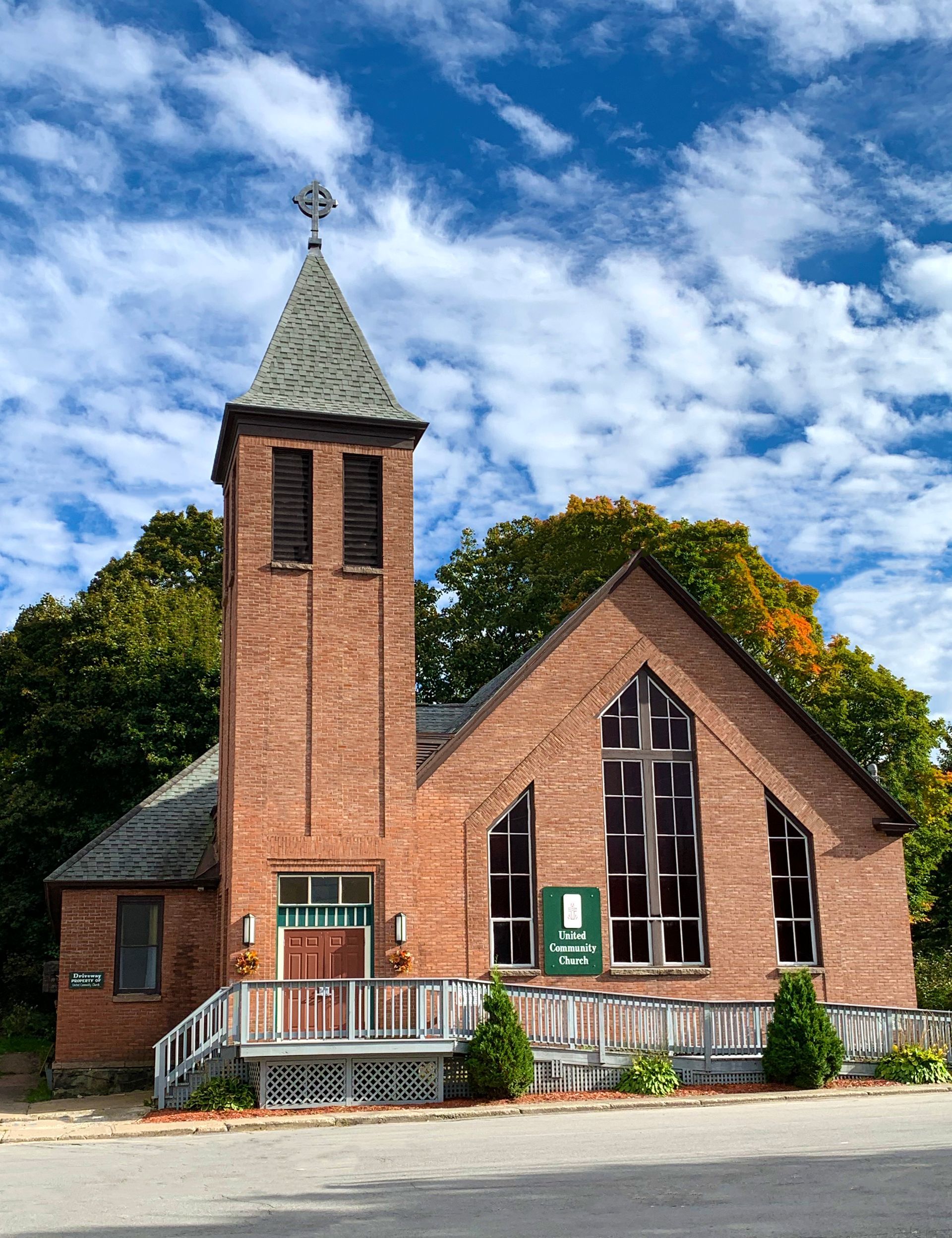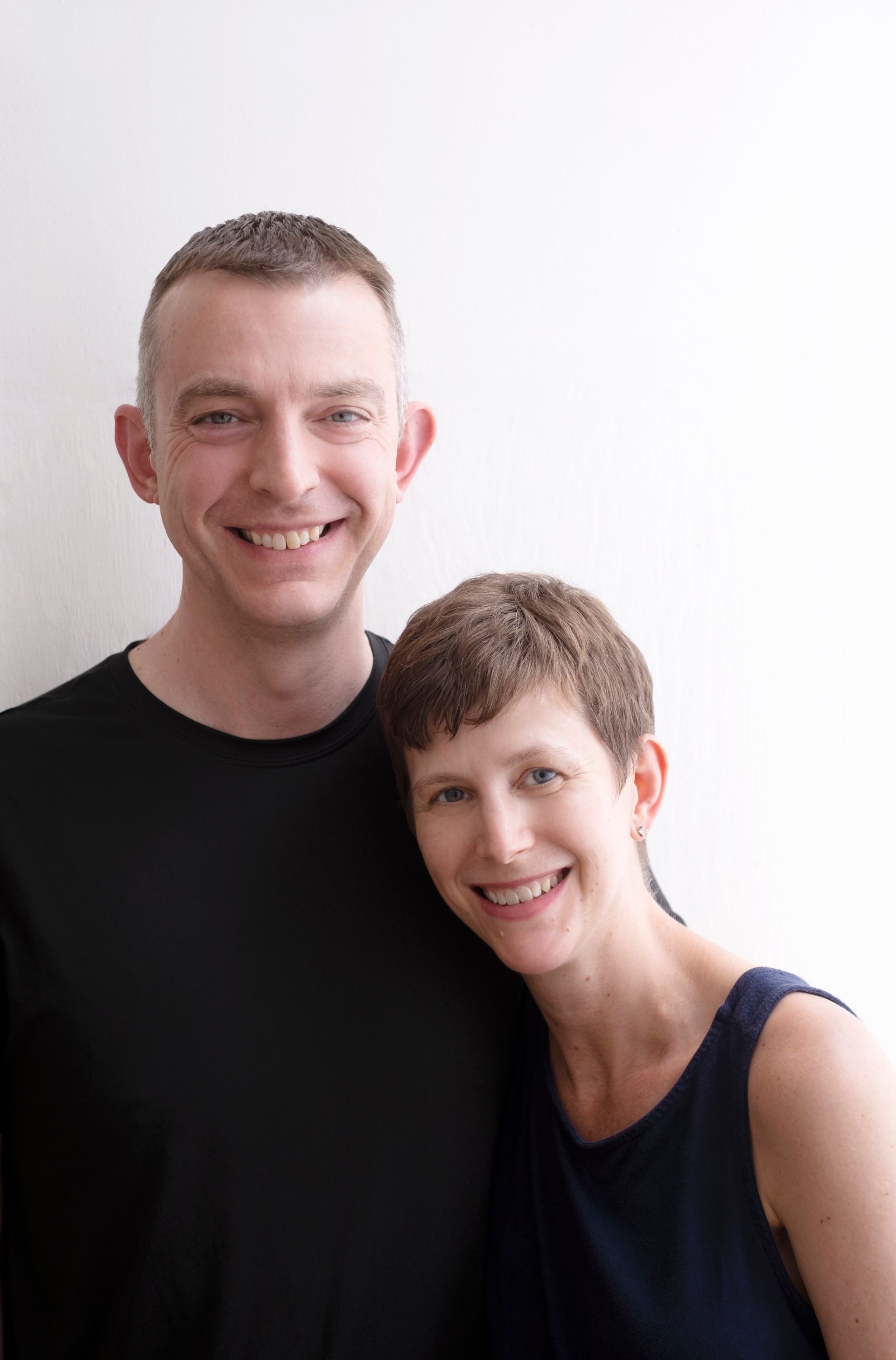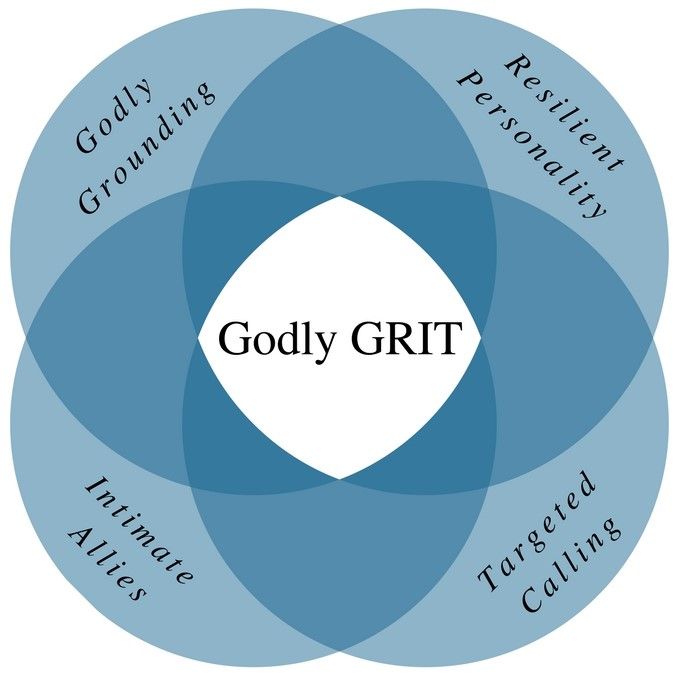what we do
our MISSION
To equip the saints for the work of ministry, for building up the body of Christ, until we all reach unity in the faith and in the knowledge of God’s Son, growing into a maturity that is measured by the standard of Christ (Ephesians 4:12-13).
At ADK Mission, this is our mission—our deepest calling—planted within us 18 years ago and confirmed countless times since.
Ephesians 4:12-13 serves as our focus in all things: the lens through which we view every task and opportunity that comes our way. And it’s comprehensive because we are called to equip the saints—all followers of Jesus—which includes the church, pastors and ministry leaders, and our family. Our work is focused in the mountains of northern New York: the Adirondacks (abbreviated “ADK”). But our impact spans well beyond this region.
focus areas
- Strengthening pastors, ministry leaders, and their families
- Pastoring a local church
- Funding local ministries and like-minded missions
- Engaging our community
- Advancing our mission around the world
our vision
"Relationship-based communities of Christ-followers who love God, love others, and make disciples of Jesus across every corner of the Adirondack Mountain region."
cross-denominational mission
We work across all denominations that are making disciples of Jesus Christ to fulfill the Great Commission and work toward unity in the Body of Christ.
godly grit
Everything we do at ADK Mission is shaped by the Godly GRIT® framework, developed through five years of doctoral research at Fuller Seminary.
What We Believe
At ADK Mission, we work across all denominations that are making disciples of Jesus Christ. We believe that at the very core, Jesus told us to focus on doing three things:
“’Love the Lord your God with all your heart and with all your soul and with all your mind.’ This is the first and greatest commandment.”
(Matthew 22:37-38)
“And the second is like it: ‘Love your neighbor as yourself.’ All the Law and the Prophets hang on these two commandments.”
(Matthew 22:39-40)
“Therefore, go and make disciples of all nations, baptizing them in the name of the Father and of the Son and of the Holy Spirit, and teaching them to obey everything I have commanded you.”
(Matthew 28:19-20a)
We take these words of Jesus to heart; loving God, loving others, and making disciples of Jesus is the core motivation for all that we do. We also subscribe to the same universal creeds that are accepted by virtually all mainstream Christian denominations in the western church: the Nicene Creed, the Apostles’ Creed, and the Chalcedonian Creed. Although we value our heritage from the Association of Vineyard Churches, ADK Mission is an independent, non-denominational ministry.
Get in touch with ADK Mission
CONTACT US






